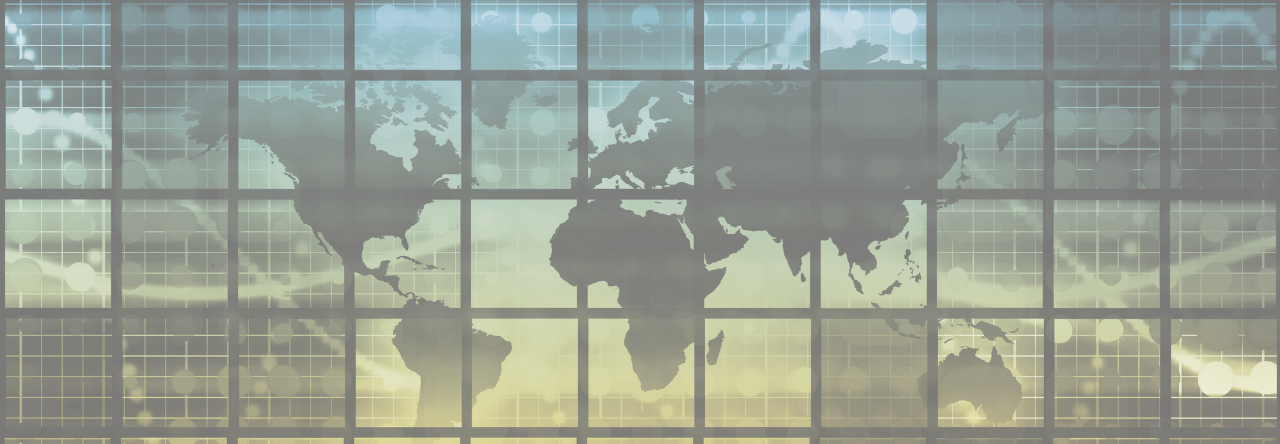This article is the English version of Hugo Le Picard,
« Les économies du Golfe et la transition énergétique. Vers une ère post-pétrolière ? », published in Politique étrangère, Vol. 85, Issue 1, 2020.

In the Middle East, the issue of energy and climate change is characterized by superlatives. Home to the world’s major oil and gas reserves, the region produces a third of the oil consumed worldwide, although it faces increased competition, particularly from North American producers. It comprises states such as Saudi Arabia, the United Arab Emirates (UAE), and Qatar, which have some of the highest CO2 emissions per capita in the world. Their energy consumption continues to increase, supported by some of the highest fossil fuel subsidies in the world. Water consumption per capita is breaking records, and its primary source, desalination, is particularly energy intensive. Economic and demographic growth has given rise to growing national electricity needs. The region is also experiencing first-hand the impacts of global warming, as evidenced by increasing water stress. The amount of sunlight it receives offers huge potential for solar electricity production and could therefore offer a solution to this increased consumption, although currently the electricity mix is still largely dominated by fossil fuels.
With the climate emergency growing stronger every day, and climate governance calling for countries to increase their nationally determined contributions ahead of COP26 at the end of 2020, how are the oil-producing states of the Middle East contemplating the diversification of their economies and energy systems? Do Saudi Arabia and the UAE, further exposed to strong geopolitical tensions, have realistic ambitions…
Read the rest of the article here.
>>> More articles of Politique étrangère are available for reading
on Cairn International <<<





Vous devez être connecté pour poster un commentaire.